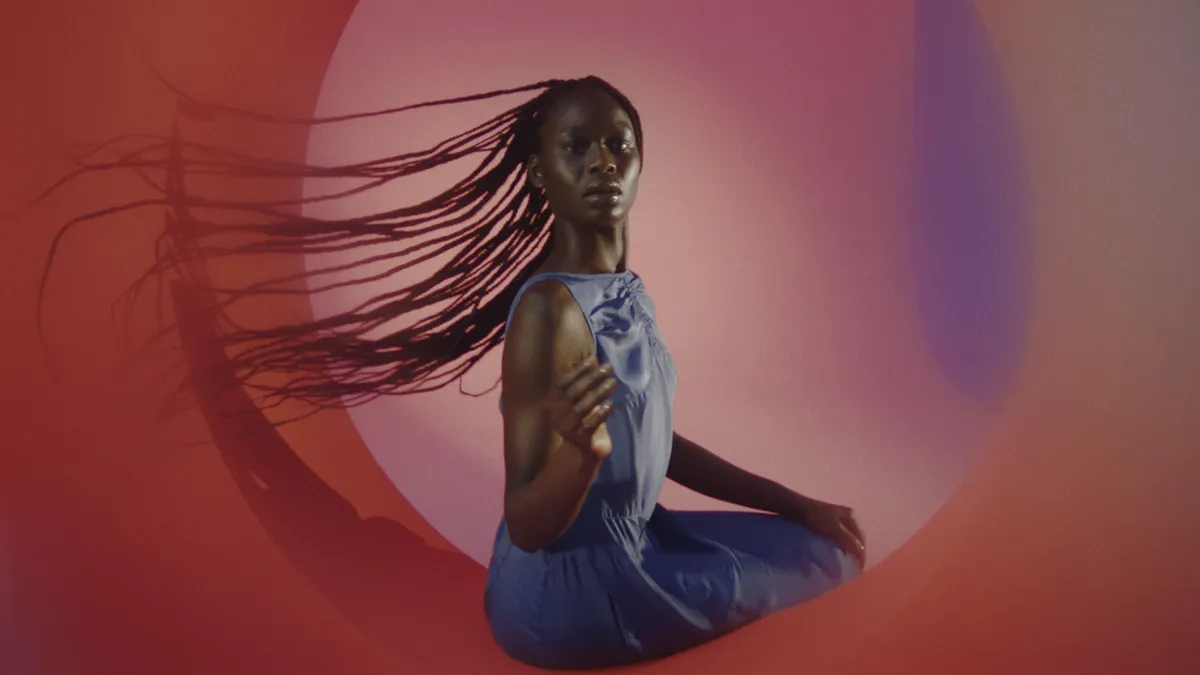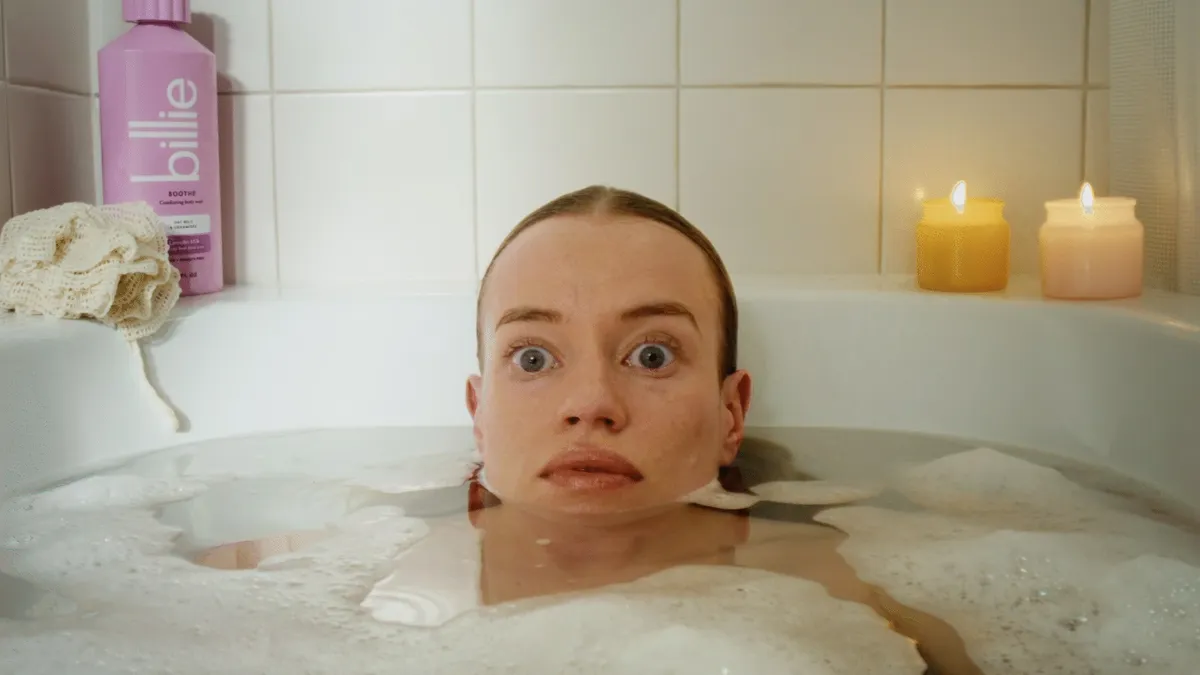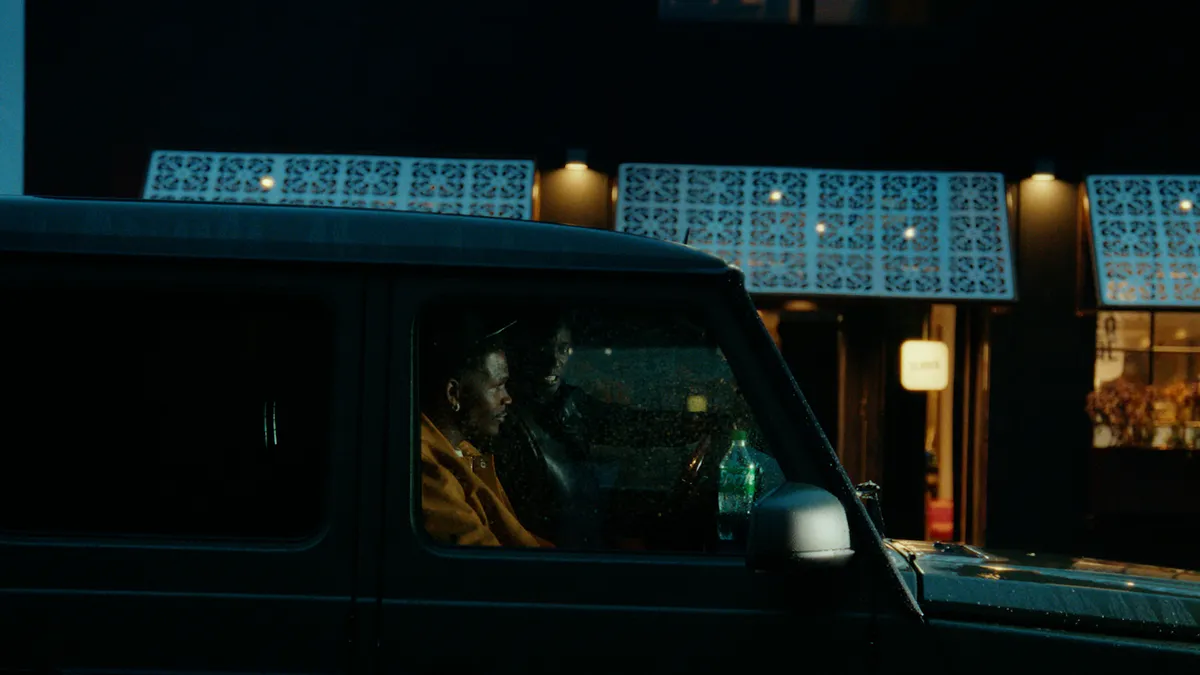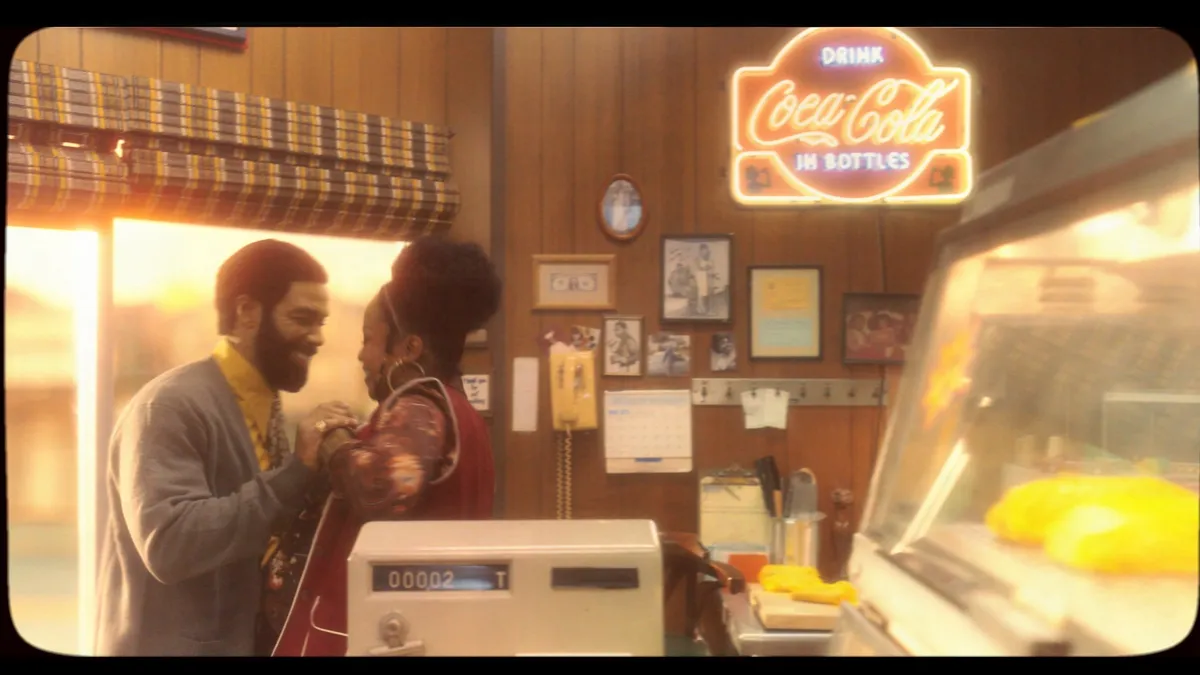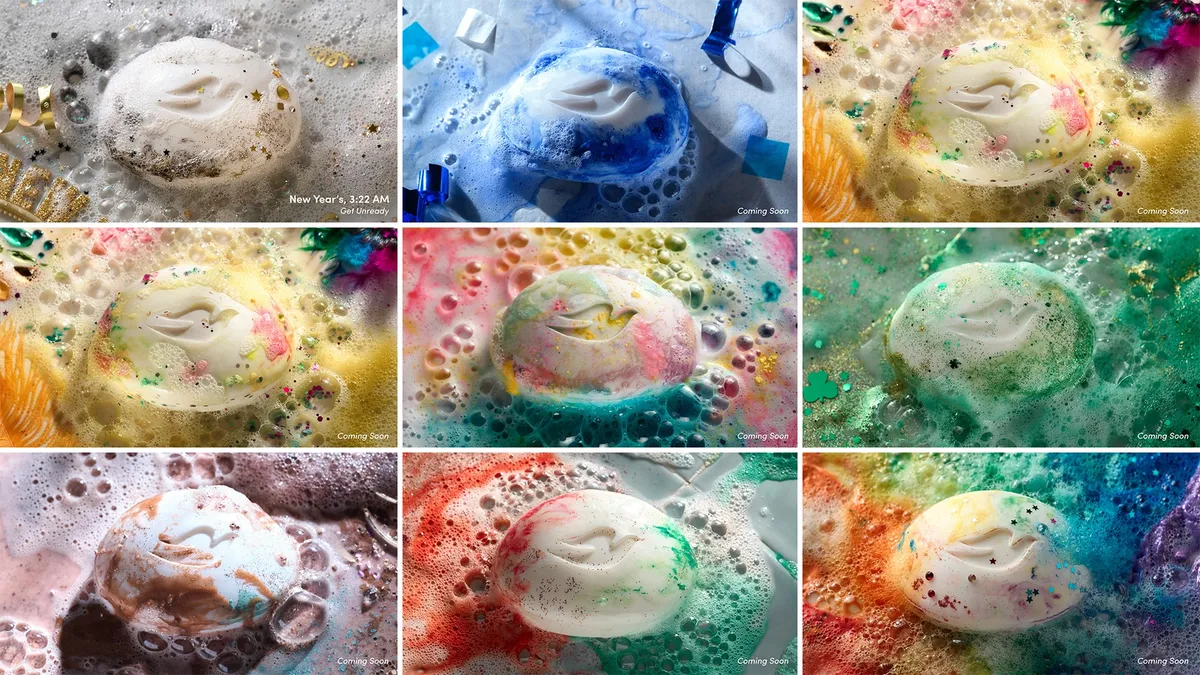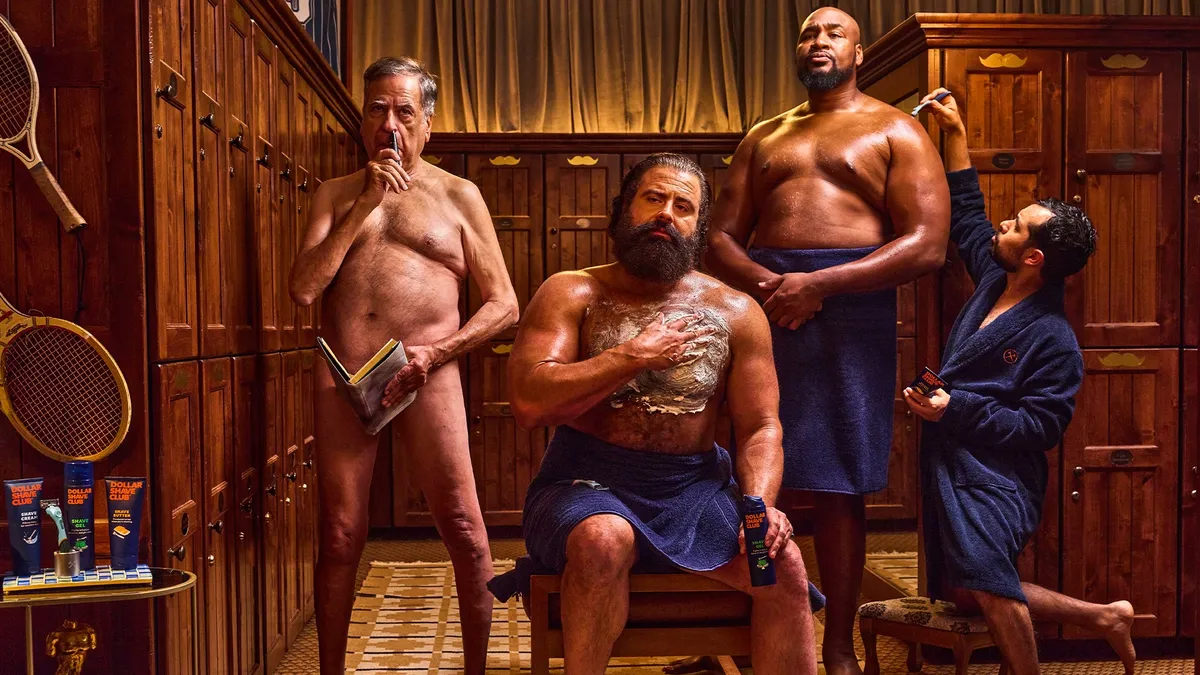Campaign Trail is our analysis of some of the best and worst new creative efforts from the marketing world. View past columns in the archives here.
Personal care brand Billie has a history of challenging norms and taboos in its advertising. It burst onto the scene in 2018 with a campaign that broke a seemingly unspoken rule of women's razor advertisements, making headlines as the first razor company to depict female body hair in an ad. The direct-to-consumer (DTC) brand doubled down a year later with ad creative that was flagged by Facebook for showing women in bathing suits sporting visible underarm and pubic hair.
The brand's disruptive marketing and DTC approach caught the attention of consumer packaged goods behemoth Procter & Gamble, which announced in January 2020 plans to acquire Billie, adding to its stable of female grooming brands that includes Venus, Braun and Joy. The move was blocked by the Federal Trade Commission in December over concerns that it would decimate competition, and the two companies called off the deal in January 2021 instead of beginning a prolonged legal challenge.
Now, Billie is back with another thought-provoking film — but not a razor in sight. A product-free film debuted this week for International Women's Day, addressing outdated and limiting assumptions around womanhood by confronting viewers with a simple question: "What do you think of when you think of the perfect woman?"
The minute-long film is supported by an interactive exercise, dubbed the Billie Brain Scan, for people to discover and reshape their own unconscious biases.
"As we spent more time unpacking the notion of womankind, we realized that there was an opportunity to challenge how people have traditionally thought of it with the goal of relieving all women from the societal pressures that being a woman or looking like a woman entails," said Billie co-founder and CEO Georgina Gooley.
Expanding its disruptive ethos
The "Think of a Woman" anthem spot can be found on Billie's Instagram and a microsite that features minimal branding, omitting product shots or any mention of razors or body hair. Billie's new film generated more than 500,000 views and 10,000 shares on Instagram during the first 24 hours after its release, per data the company shared with Marketing Dive.
"Think of a Woman" represents a continued evolution of the Billie brand, with a core mission of easing the pressures of expectations surrounding body hair. While all the brand's previous ad creative focused on body hair being an individual's prerogative, Gooley felt it was time to direct Billie's disruptive ethos into a broader — but still consistent — message around championing women. Now, the campaign serves as the foundation of Billie's "greater work" as the company works to carve out a larger slice of the razor and personal care space.
"As we've expanded into the beauty category and are beginning to broaden our brand mission, it's important for us to expand what womankind means to us as well," Gooley said. "'Think of a Woman' is about challenging gender roles, rather than just challenging the expectations of how a woman should look."
Billie's approach to its latest campaign included forgoing razors or any mention of body hair, marking a departure for the company that has previously featured product shots or more overt branding in ad creative. This time around, Billie's team felt strongly about prioritizing viewers versus product for the International Women's Day effort. The campaign is one of several aiming to construct a more inclusive version of womanhood for the holiday this year. Getty Images, for example, worked with the United Nation's Unstereotype Alliance to assemble a portfolio of images depicting "women in leadership" that avoids the outdated trend of showing mostly smiling women with hands on their hips.
"When the idea for 'Think of a Woman' started to come to life, we ultimately knew this campaign was about making room for more expressions of womanhood," Gooley said.
Moving beyond a superficial lens
Before Billie could kick off production of the film with director Quinn Wilson in February, the in-house team last fall partnered with unconscious bias expert Gail Tolstoi-Miller to develop the Billie Brain Scan and craft a narrative for the campaign, with the goal of ultimately expanding consumers' notions about women.
The company also conducted a survey on the definition of a woman, discovering that most of its focus groups thought of women through a superficial lens.
"We spent months asking people what words they would use to describe women and they were words you'd expect to hear in 1950. Pretty. Maternal. Feminine. Soft," Gooley said. "We realized society still had such a narrow view of womanhood, leaving little room for those who exist outside of the traditional mold."
In contrast, the people spotlighted in the new ad span a range of ages, ethnicities, abilities, body sizes, skin color, gender expressions and identities. Billie doubles down on this contemporary concept of a woman with its Brain Scan exercise that poses scenarios that include cues not traditionally associated with women. At the end, it asks when — if at all — the participant imagined a woman, or a woman over age 50.
"Society hasn't trained us to be inclusive in our thinking," the Brain Scan activity explains. "The spectrum of womankind is vast, but often our biases lead us to think of women through a one-dimensional, cis-focused lens."



